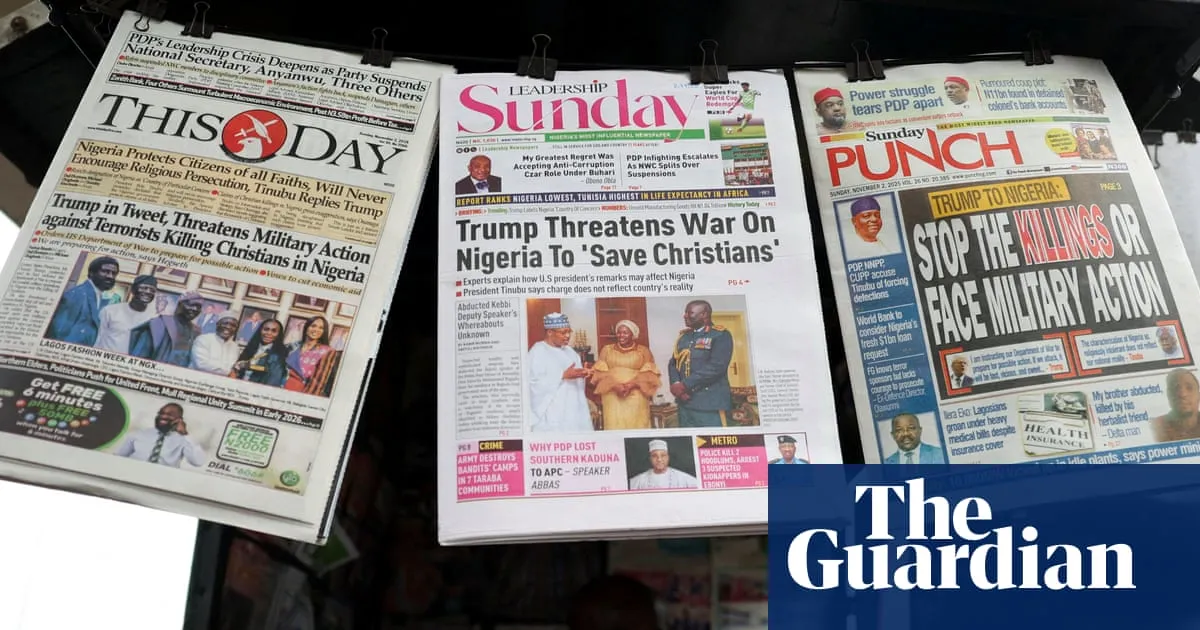
Recently, former President Donald Trump made headlines by threatening military intervention in Nigeria, a move that has raised eyebrows among political analysts and international relations experts. This threat appears to be linked to his observations about the treatment of Christians in Nigeria, which he reportedly saw during a segment on Fox News.
According to reports, Trump became intensely focused on the plight of Christians in Nigeria after watching a news segment that highlighted their struggles. The former president's comments have sparked a debate on the appropriateness and potential consequences of U.S. military involvement in foreign nations, particularly in regions experiencing complex religious and ethnic tensions.
Trump's threat of military action has significant implications for U.S. military strategy and Pentagon priorities. As tensions rise over this issue, military officials may need to reassess their focus and resources. The potential for intervention could lead to a reshuffling of strategies aimed at addressing humanitarian crises while balancing national security interests.
Following Trump's remarks, the U.S. government has officially designated Nigeria as a 'Country of Particular Concern' due to ongoing reports of religious persecution. This designation reflects a growing concern over the increasing violence against Christians and other religious minorities in the region. The decision underscores the seriousness of the situation and the need for international attention.
Trump's threat to use military force in Nigeria could have far-reaching consequences, not only for the stability of the region but also for U.S. foreign policy. Critics warn that military intervention could exacerbate existing tensions, potentially leading to further violence and instability. It raises questions about the effectiveness of military solutions to humanitarian crises and the role of the U.S. in international affairs.
The situation in Nigeria is multifaceted, involving deep-rooted issues of religion, ethnicity, and governance. As discussions around Trump's military threat continue, it is crucial for policymakers to consider the potential repercussions of intervention. The focus should remain on finding diplomatic solutions that promote peace and stability in Nigeria while protecting vulnerable populations.